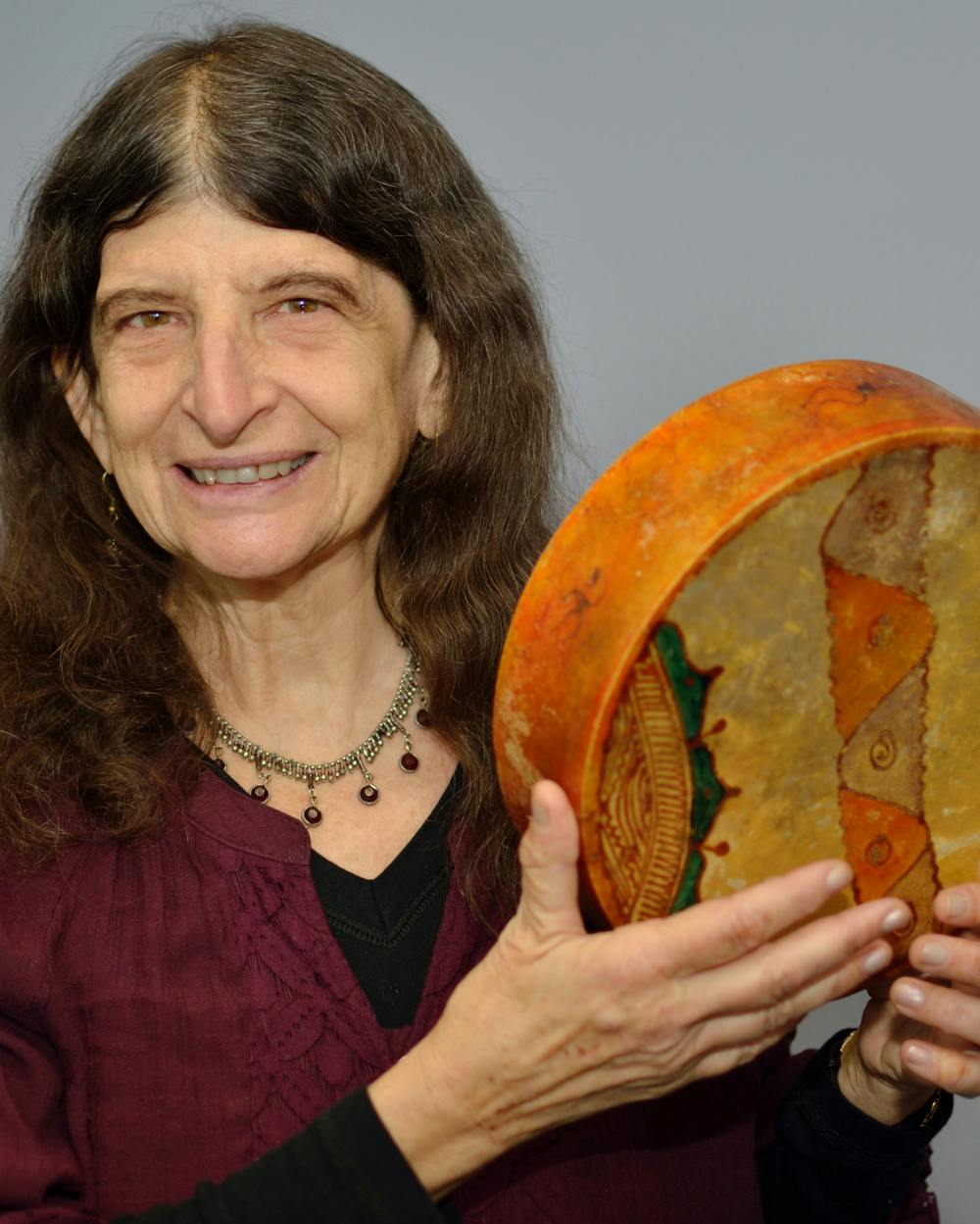The instruments hanging in Judith Cohen’s living room are far from typical.
Rather than a violin or piano, a dulcimer hangs on the wall, and a vièle sits on a pedestal. The two are prominent in Cohen’s work as an ethnomusicologist, specializing in Sephardic music and Medieval-related traditions.
Cohen says an ethnomusicologist is not the same as a musicologist. Rather than focusing solely on how music is composed and performed, ethnomusicology studies the role music plays in people’s lives and how society and music shape one another.
“It’s just music and people. You can do [research] in the rainforest or in your own classroom,” Cohen said. “It’s not defined by what kinds of people or music or whether the music is old or new. It’s just defined by that conjunction of music and people.”
What makes ethnomusicology unique is direct fieldwork based on participant observation; the observer becomes a part of what they’re observing. Cohen connects with various ethnic communities. As they share their own history and cultures, Cohen reveals pieces of her own identity in return.
“You experience firsthand the big difference [between] packing up and going home or being involved. Not just to ask the questions, but to give something,” Cohen said.
Of course, not every community is willing to easily divulge their history. Many groups, including the Portuguese Bnei Anusim, often experienced persecution and distrusted outsiders to survive. In these situations, trust matters more than documentation.
“You never [record] in secret. A major premise of ethnomusicology is being open. You say, ‘May I do this?’ and if they say ‘no,’ end of story,” Cohen said. “It’s either you do it with permission or you don’t do it.”
Even without a recording, a relationship still begins: a connection based on exchanging personal stories and meaningful songs unique to one’s own cultural identity.
With each place, Cohen’s identity shifts based on the language she speaks, highlighting different parts of herself. To her, identity is fluid and changes depending on the time and place, whether it be traveling to different communities or transitioning from academia to fieldwork.
“When I was in Brazil just now, I spoke Portuguese, but they picked up right away that it was Portuguese from Portugal, [not Brazil]. So what was my identity?” Cohen said. “I’m Jewish. I’m Canadian. I’m a cisgender woman. I was all those things, but my identity became someone who spoke Portuguese in a certain way. It’s not necessarily negative, it’s rather a statement. So in some ways, [language] becomes a part of my identity whether I choose it or not.”
In the end, the documentation solely matters for the community itself.
“[I] say to them, ‘Look, it doesn’t have to be for me. It’s really important that you record your traditions for you and your community. You don’t want me or any other scholar to have it, that’s fine. But get your kids to record you. Keep it for yourselves. Keep it in the community. Just don’t let it die. Don’t let it disappear,’” Cohen said.
Cohen will host a lecture about her work next Tuesday, Nov. 7, in 250 Baird Hall. She’ll tell stories that need to be recorded and told, not for the sake of academia, but for the sake of keeping traditions alive.
The arts desk can be reached at arts@ubspectrum.com

Mylien Lai is the senior news editor at The Spectrum. Outside of getting lost in Buffalo, she enjoys practicing the piano and being a bean plant mom. She can be found at @my_my_my_myliennnn on Instagram.





